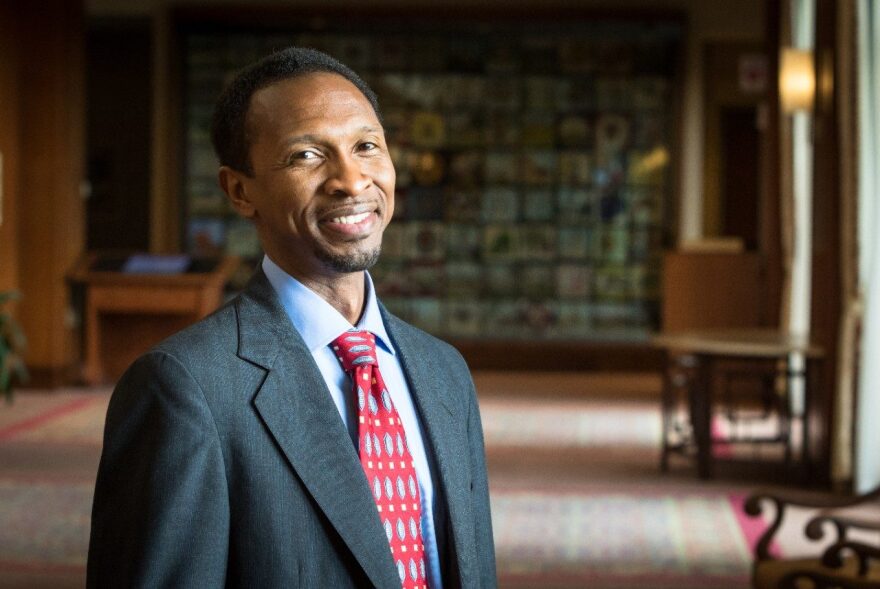For the last several years, science and technology have increasingly dominated the scene at most universities, while the humanities took a back seat. If you wanted to get a good job, you had to major in one of the STEM subjects: science, technology, engineering, or mathematics.
Now, the Virginia university known as Tech, that isVirginia Tech, is elevating the role of the humanities as part of a university-wide initiative, giving it a seat at the technology table.
It’s called the ‘Tech for Humanity Initiative’ and it puts a human in the loop, aimed at making sure there’s a voice that can speak to what the effects and impacts of rapidly advancing technology might and should be. Sylvester Johnson is the Founding Director of Tech’s new Center for the Humanities. “One example is the consternation around big tech companies: How do we regulate them? What do we do with privacy? How do we handle elections? Those are comprehensive issues. They’re not just technical issues.”
Johnson says, that while most universities are cutting back on their support of humanities Virginia Tech is taking a very different approach. “They’re actually investing funding in the humanities, creating a Center, (to address the) tremendous questions and challenges and problems that require leadership from humanistic disciplines.”
With technology a part of pretty much everything at this point, questions about what is right, what is fair, what is best for humans as technology advances, are getting lost in the rush for innovation. To address that, the university will create an ethics board, comprising scholasr from a variety of disciplines, to define what standards and outcomes should be "including, private industry, people from universities, as well as people who are in civil liberties organizations, who care about human rights.”
And with the heft of a major research university, the Humanities Center will draw on that expertise to document new knowledge about how technology affects human beings. “We will be doing more to support the research that is examining how different forms of technology actually impact people. So, think of children using tablet computers, the increase in screen time now; does that positively support the learning outcomes for children? Does it create negative consequences?”
In many ways, the Tech for Humanity initiative is groundbreaking. It’s one of a handful of schools, MIT, Stanford, Carnegie Mellon and Oxford among them, taking a university-wide human centered approach to technology.
It’s no coincidence that this is happening just as the university’s new, $1-billion “Innovation Campus" in being built in Alexandria not far from Amazon’s new northern Virginia Headquarters. Johnson points out, economists anticipate that in the next decade, digital technologies are going to add around $1 trillion in GDP to the global economy. “You did not miss hear me” he chuckles, “that’s a huge amount of money! And he adds, "A.I. is supposed to be around $15 trillion of that 100. That’s just in the next decade. And that massive amount of money, that wealth that is going to be created, is going to be very lopsided. If we don’t change the trajectory that we have now, there will be unprecedented disparity between haves and have-nots.”
Johnson reminds us that most of this growing financial disparity will be due to the actions of our technology companies. “So, what do we do with the distributions of wealth? And if we’re looking at a future where A.I. systems can increasingly replace human labor, not just for manufacturing, but in making medical diagnoses, in making financial investment decisions, in actually understanding and debating social policy, how do we have a society in which we’re not just treating human beings as expendable, based on their ability to have a job?”
Sylvester Johnson is assistant vice provost, and executive director of the new Center for the Humanities at Virginia Tech.
***Editor's Note: Radio IQ is a service of Virginia Tech.


